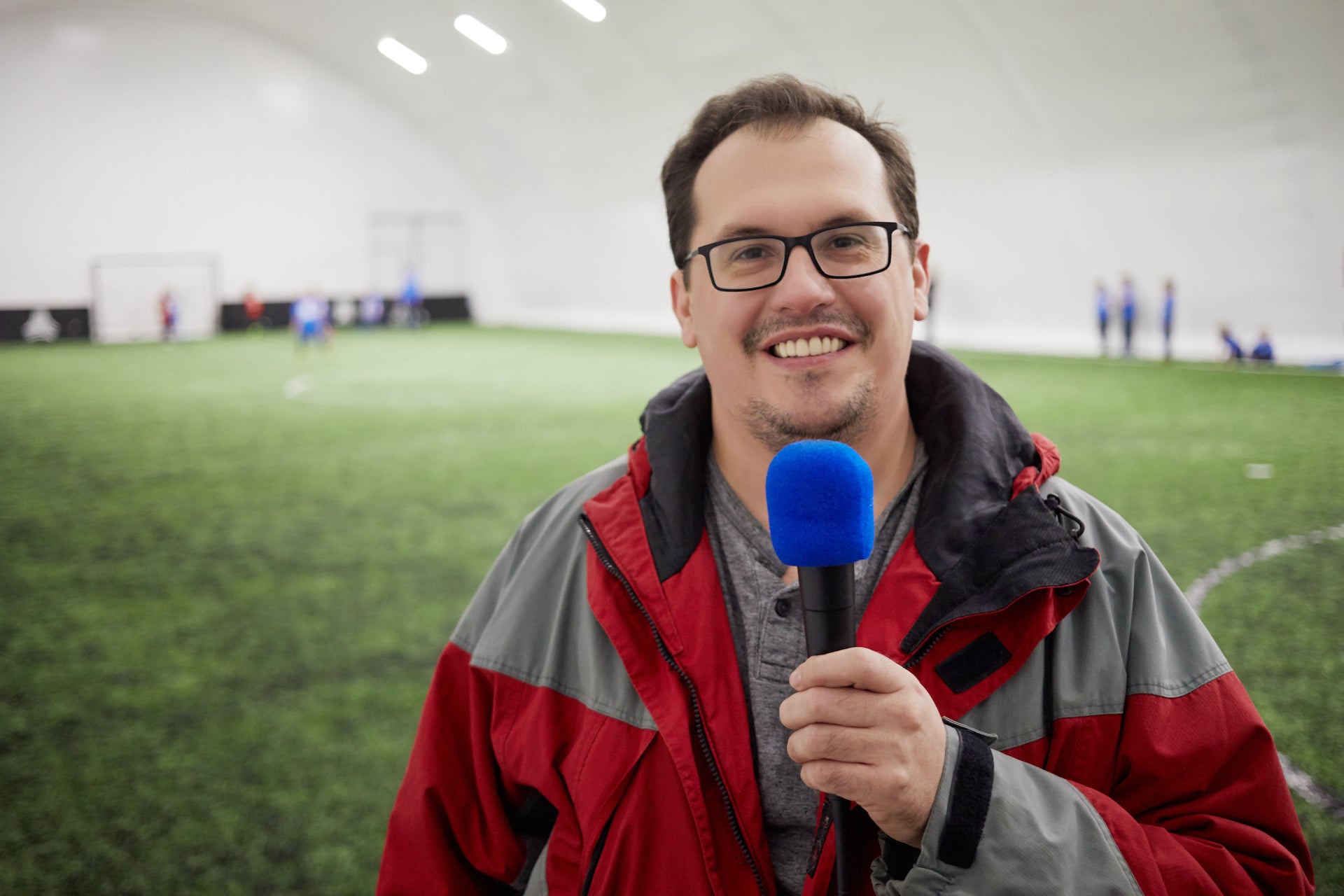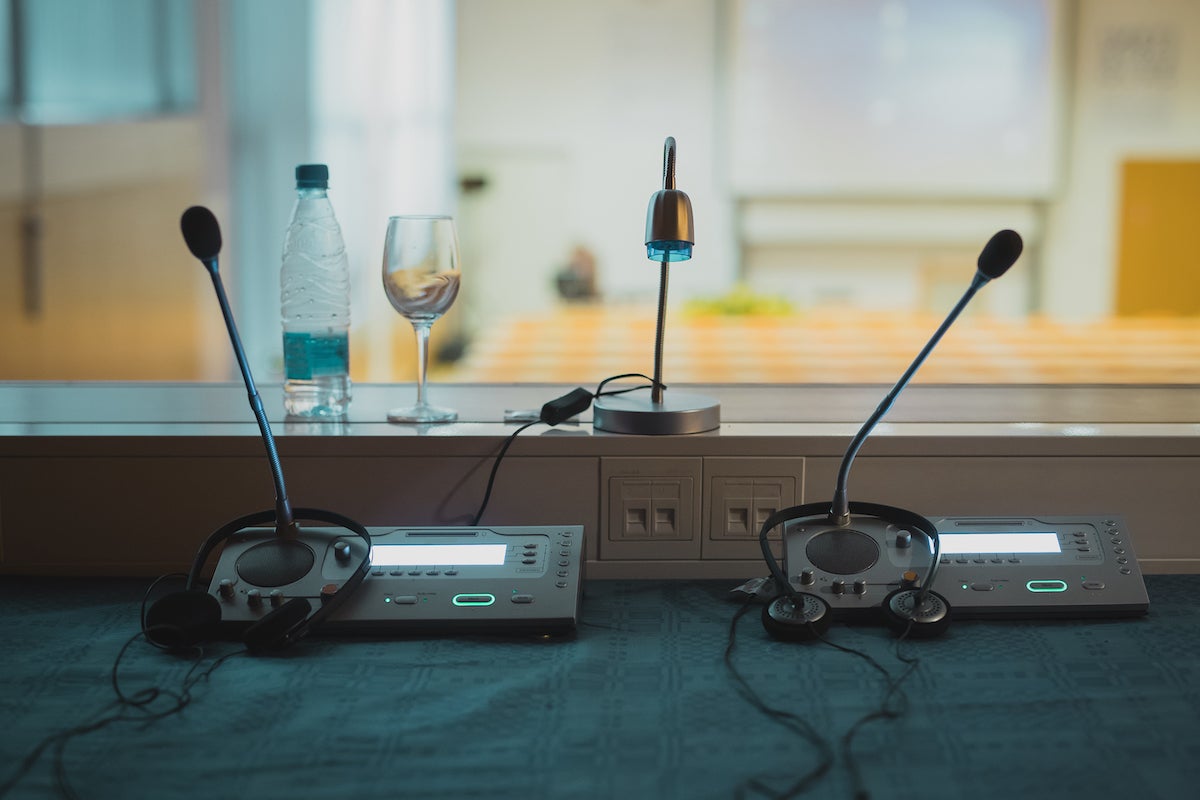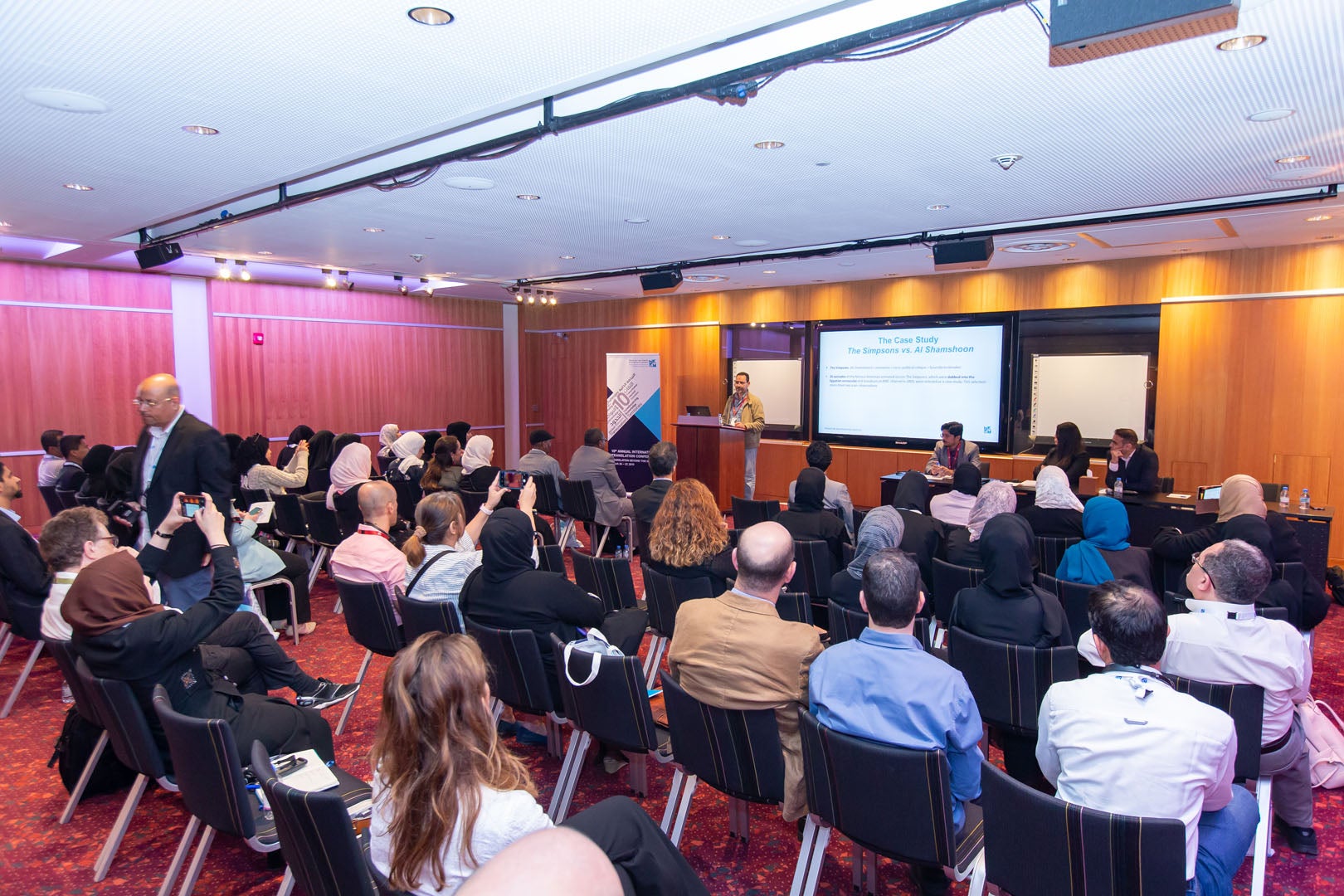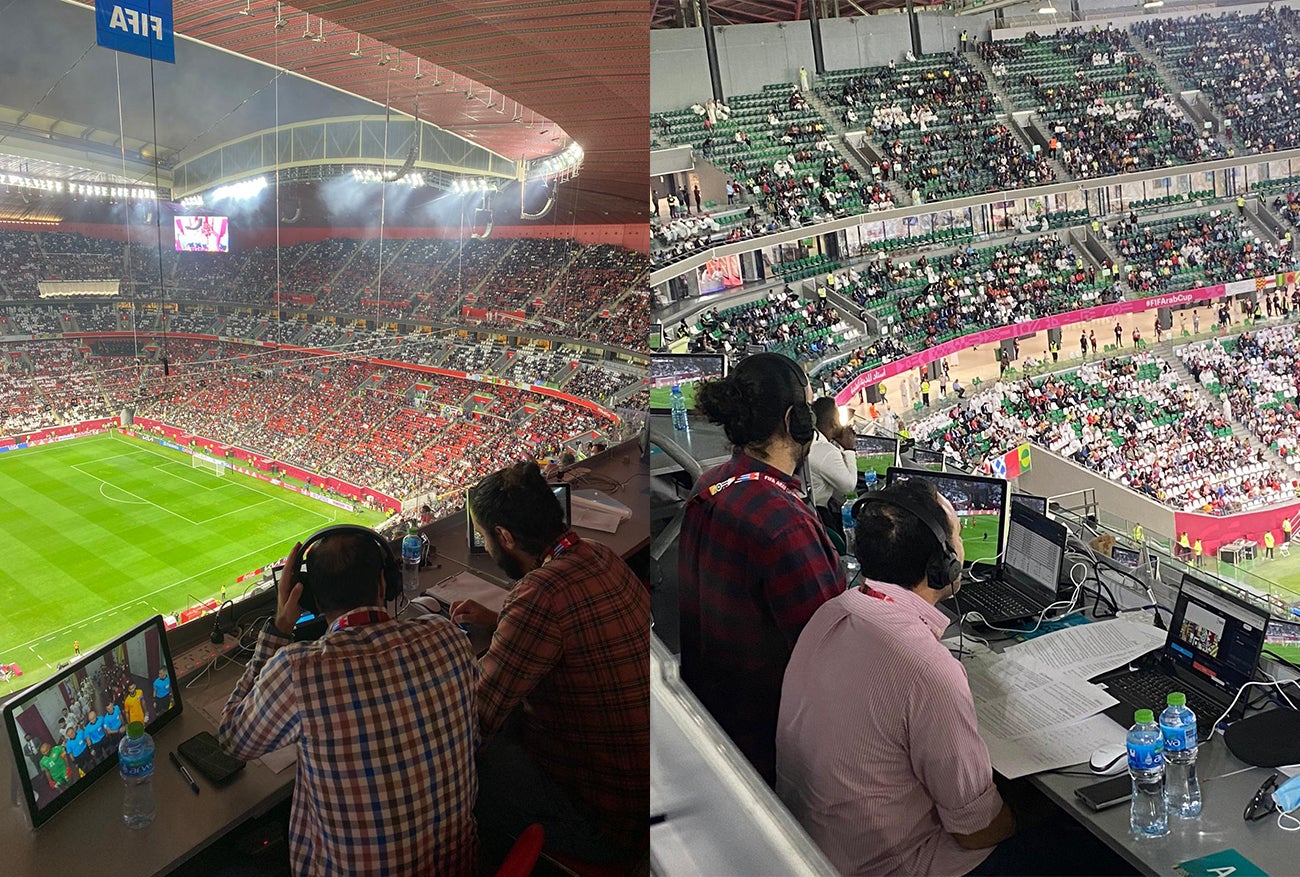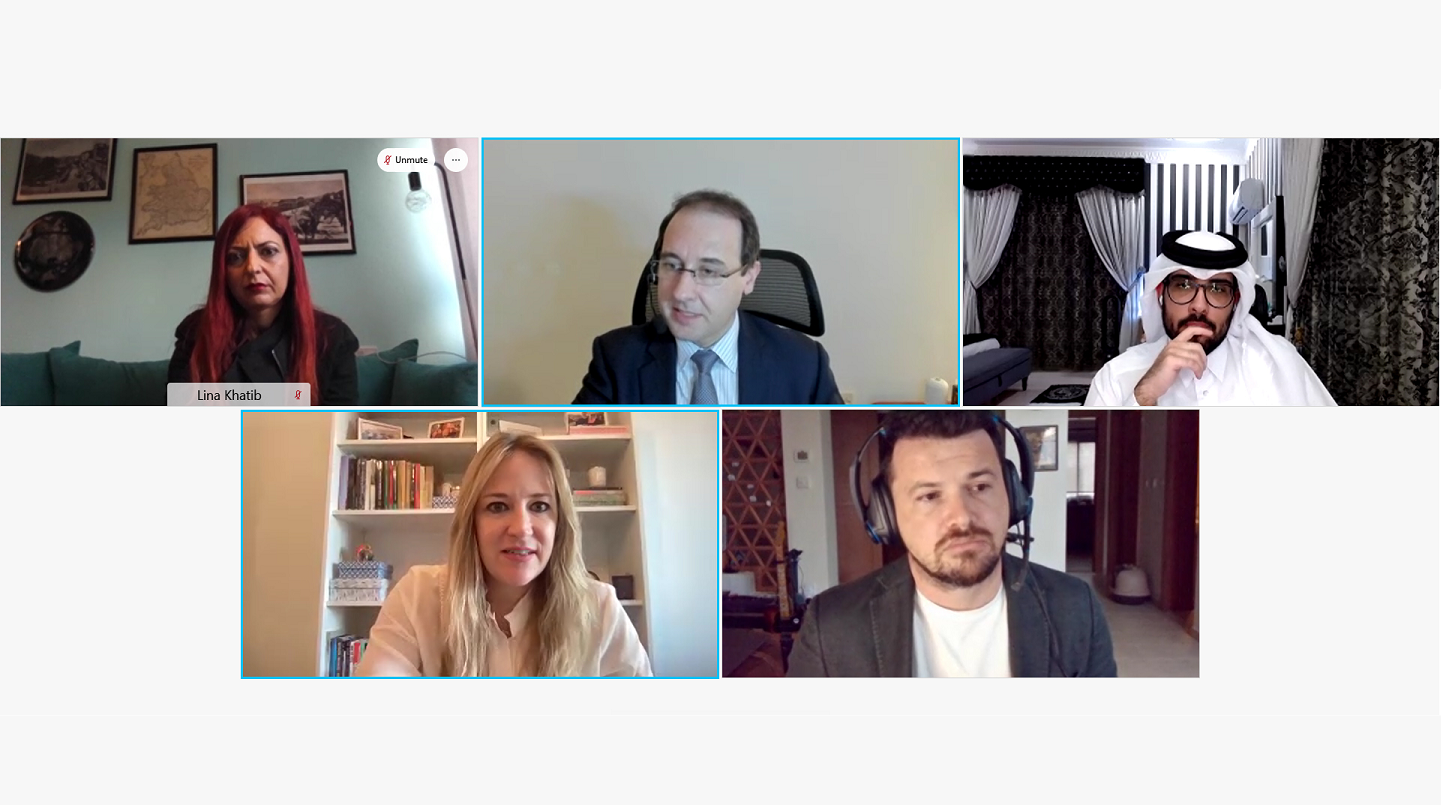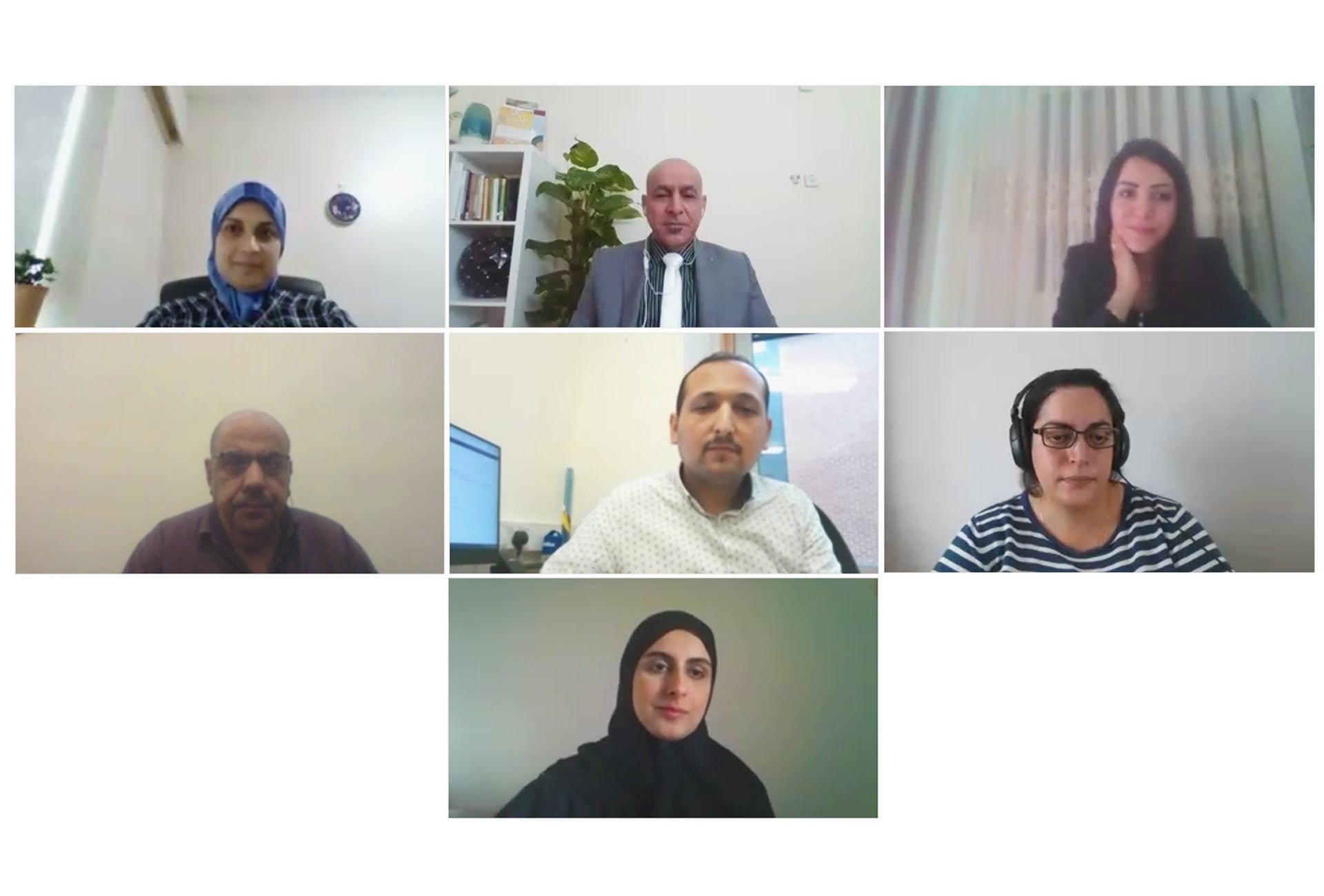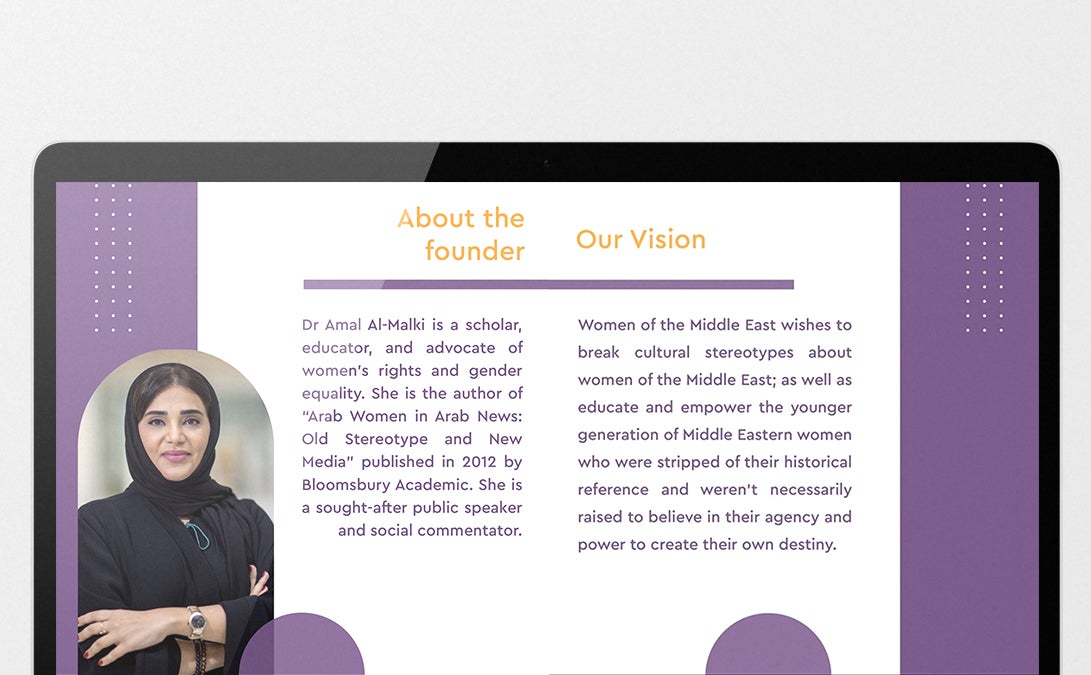
Earlier this year, Dr. Amal Al Malki, Founding Dean of Hamad Bin Khalifa University’s (HBKU) College of Humanities and Social Sciences (CHSS) in Qatar, started the ‘Women of the Middle East’ podcast, which expands on themes in her book ‘Arab Women in Arab News: Old Stereotypes and New Media’, and connects to topics covered within the college’s Master’s degree program in Women, Society and Development. We had the opportunity to ask her a few questions:
What is the Women of the Middle East podcast all about?
The podcast is an attempt to create content about middle Eastern and Arab women that is authentic and representative of all their diverse realities. As a scholar and a woman who is a participant in the context I cover, I take it upon myself to relate and communicate other women’s experiences and struggles. And I do that through my own academic voice and also through interviewing women who can offer us insights into specific experiences. I describe the podcast as one that relates the realities of Arab Women and their rich and diverse experiences. It aims to present the multiplicity of women’s voices, and to break cultural stereotypes about women of the Middle East. It likewise shall educate and empower the younger generation of Middle Eastern women, who were stripped of their historical reference and weren’t necessarily raised to believe in their agency and power to create their own destiny.
The series builds on your book “Arab Women in Arab News: Old Stereotypes and New Media.” What inspired you to transfer some of its key themes from print to a multimedia format?
I wanted to build on the book’s success and also expand its frontiers in terms of scope and audience. The book managed to do two original things when it was published; one was to study Arabic news translated into English by an Arab, and, secondly, to capture the beginning of the booming of online news, new media journalism, and social media. It felt like a natural evolution to adapt the content of the book to a new medium like a podcast.
Moreover, I wanted to widen the scope of my audience. I know I am fortunate to be able to talk to the younger generation and address their dilemmas in a manner that empowers rather than discourages them. I also understand that identity politics is a main factor that pushes us towards or away from each other – and that can also be applied to nations and politics. I feel that I can help them understand who they are, by understanding the interplay of history, religion, and socio-politics on forming their identities. The Middle East has been plagued with many issues, and I believe that gender inequality is one of the main challenges it faces. Girls and women in the Middle East live within different boundaries that were imposed on them and that stifle them and, in many cases, deprive them from some basic human rights, like education, health, mobility, and so on. Given that this area undergoes many political and economic upheavals, women and girls are the first to be affected.
Staying with this theme, why is the series in English rather than Arabic? Are you more focused on attracting an international audience?
I don’t perceive using English as a limitation. On the contrary, I think it is a strength. In a bilingual reality, our men and women are able to mitigate the linguistic boundaries between these two languages and translate when needed to those who can’t. I reach out to the educated younger generation, because I am aware that I cannot reach everyone. But together, maybe we can.
When I conceived the idea of starting a podcast, I had to imagine my implied listener. I thought:
You may be a student, who came across my book in your reading list.
You may be a student of other cultures and regions.
You may be a consumer of western media, who has just discovered that you’ve been deceived.
You may be a man or a woman finding yourself in the midst of multiple competing cultures and wondering why you should inherit all the historical baggage of mistrust and adversity.
The realities of Middle Eastern women are shaped by a diversity of social, economic, and political factors. How did you go about identifying common or shared themes?
In the book, I compiled and coded a corpus of a large number of articles mentioning Arab women. The grounded theory that we applied enabled my research team and I to extract the main themes across these articles.
These themes are elastic but are also representative. In other words, the themes can include instances of success and instances of failures; the passive and the active. Some of the themes are: Anger and Resistance, Aspiration and Drive, Empowerment, and more. Women’s realities in the Middle East didn’t change much unfortunately, unless they worsened. In the last decade, revolutions, civil war, ISIS, political corruption, and economic recession have all impacted women in the worst ways possible.
You’re keen for Women of the Middle East to break cultural stereotypes. What does this say about the type of audience you hope to attract?
We need to understand that we are talking about a construct of culture and media that has a long history of misrepresentation. Most studies about Arab women were Eurocentric and used “western” methods that confirmed one image that has been created and perpetuated, which is mainly passive and oppressed – backed by the concept that they need to be saved. So, who is the “real Arab woman”? The Arab woman is the hopeful, the privileged elite, and the educated. She is the woman who is raised in a supportive family, and who represents a rising cosmopolitan class. But she is also the woman who is oppressed and subjected to all forms of discrimination, and who struggles fighting patriarchy, poverty, corruption, and war.
To what extent is Women of the Middle East inspired by your own life experiences and professional journey?
I am humbled by the women and men who regard me as a role model. I always insist on making my path visible to other women, because only through seeing real falls and mishaps can one learn. I am a woman who feels deeply for others, especially girls and women, because I understand what is at play here.
One human’s life can be easily forgotten, and his/her personal history erased, and I don’t want that to happen to me. I want to leave a legacy that others can continue.
What are your future plans and ambitions for the series?
I would like the podcast to reach a growing audience – as it deserves. And, when this happens, it will mean that I was able to “break the ice” with new audiences I'm speaking to, and that I have started a conversation with them. So, let’s see where this conversation will lead us.




